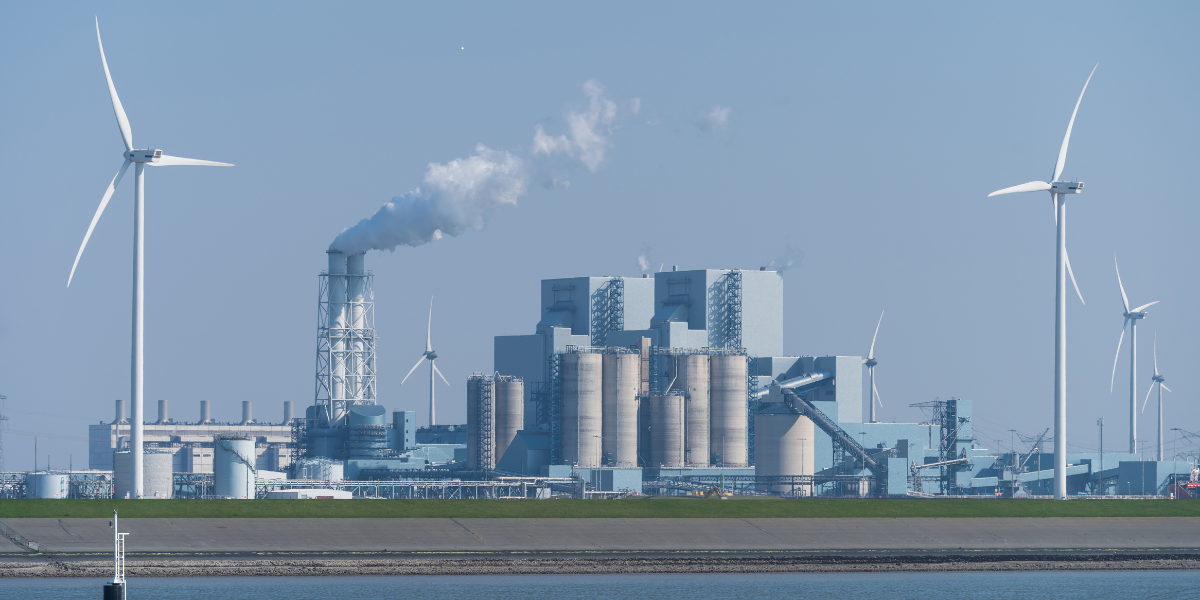Fossil fuels have powered human civilisation for centuries, providing the energy needed for industry, transportation, and daily life. However, this energy source comes at a significant cost—not only to the environment but also to human health. The burning and extraction of fossil fuels release a variety of harmful pollutants that have far-reaching effects on our well-being. Here’s a closer look at how fossil fuels impact our health and why transitioning to clean, renewable energy is essential for protecting both our planet and ourselves.
Air Pollution
One of the most immediate and visible impacts of fossil fuels is air pollution. Burning coal, oil, and natural gas releases a cocktail of harmful substances, including sulphur dioxide (SO2), nitrogen oxides (NOx), and particulate matter (PM). These pollutants are known to cause respiratory issues, such as asthma and chronic bronchitis. Fine particulate matter can penetrate deep into the lungs and bloodstream, exacerbating conditions like emphysema and increasing the frequency and severity of asthma attacks. For vulnerable populations, including children and the elderly, the effects can be particularly severe, leading to long-term health challenges.

Heart Disease

The cardiovascular system is also at risk from air pollution. Studies have shown that exposure to pollutants from fossil fuels increases the risk of heart attacks, strokes, and other cardiovascular problems. Fine particulate matter and gases like NOx can cause inflammation and oxidative stress, which are critical factors in the development of atherosclerosis—a condition characterised by the hardening and narrowing of the arteries. This can lead to an increased risk of heart attacks and strokes, contributing to a significant public health burden
Cancer Risk
Certain pollutants released during fossil fuel combustion and extraction, such as benzene and polycyclic aromatic hydrocarbons (PAHs), are known carcinogens. Prolonged exposure to these chemicals increases the risk of various cancers, including lung, bladder, and skin cancers. Benzene, in particular, is associated with leukaemia and other blood disorders. The presence of these hazardous substances in the air, water, and soil creates a pervasive risk to human health, underscoring the urgent need for cleaner energy sources.

Neurological Effects

The impact of air pollution from fossil fuels extends to the brain, particularly affecting cognitive function and neurological development. Children are especially vulnerable, as their developing brains can be adversely impacted by exposure to toxic pollutants. Studies have linked air pollution to learning difficulties, developmental delays, and lower IQ scores. For adults, long-term exposure has been associated with cognitive decline and an increased risk of neurodegenerative diseases such as Alzheimer’s and Parkinson’s.
Premature Death
The cumulative effects of air pollution, cardiovascular diseases, respiratory conditions, and cancer contribute to premature deaths. The World Health Organization estimates that outdoor air pollution is responsible for approximately 4.2 million premature deaths worldwide each year. This staggering statistic highlights the urgent need for a transition away from fossil fuels to prevent unnecessary loss of life and improve public health outcomes.

Water Contamination

Beyond air pollution, fossil fuel extraction processes—such as drilling, fracking, and mining—pose significant risks to water quality. Spills and leaks can release toxic substances into water supplies, leading to contamination with chemicals like benzene, toluene, and heavy metals. Consuming contaminated water can cause a range of health issues, including gastrointestinal diseases, reproductive problems, and skin irritations. The contamination of water resources not only affects human health but also harms aquatic ecosystems and wildlife.
A Call to Action: Embracing Clean Air with Clean Energy
The health impacts of fossil fuels make it clear that we need to prioritise a transition to clean, renewable energy sources such as solar, wind, and hydropower. These alternatives produce little to no harmful emissions, reducing the burden of air and water pollution and mitigating climate change. By investing in renewable energy infrastructure and technologies, we can protect public health, reduce healthcare costs, and create a sustainable future for generations to come.

In conclusion, the shift away from fossil fuels is not just an environmental imperative; it’s a public health necessity. As we move towards cleaner energy solutions, we can safeguard our health and the health of the planet, ensuring a brighter, healthier future for all.






